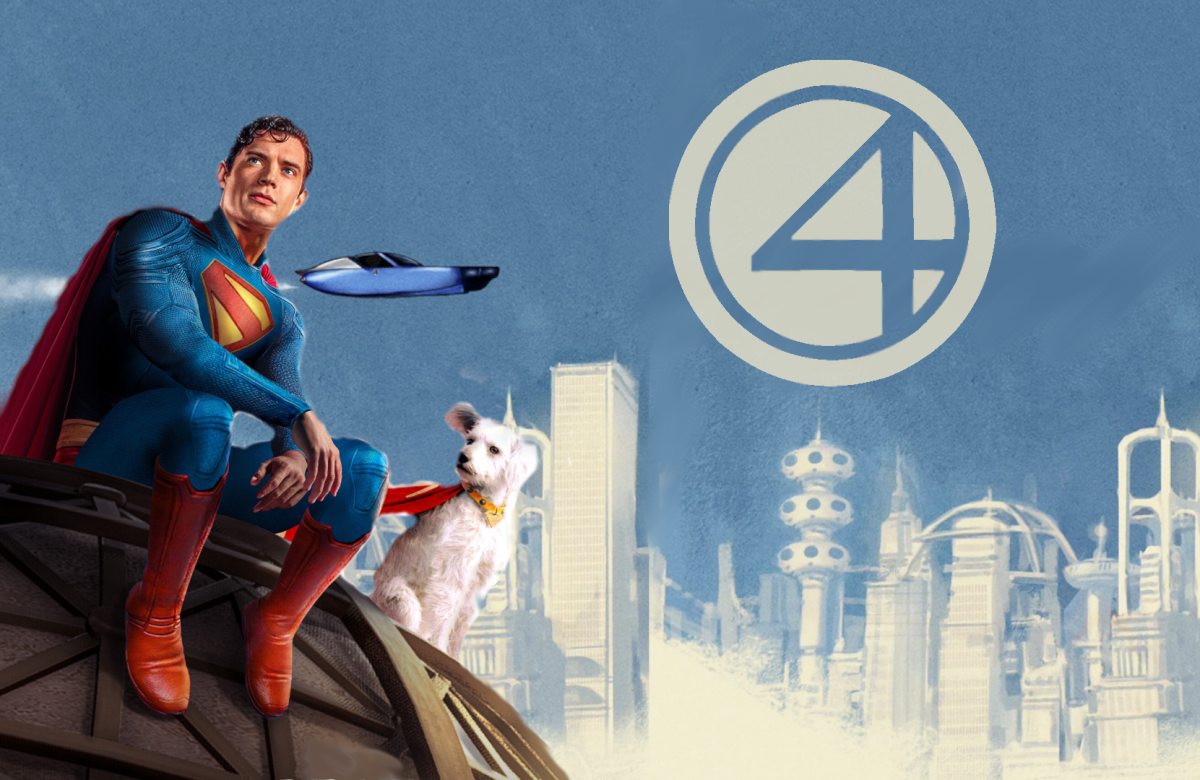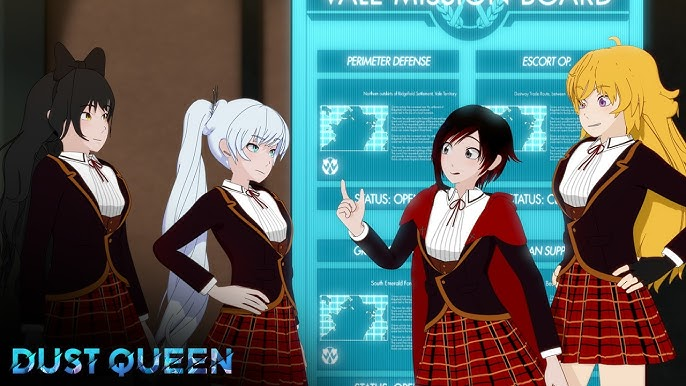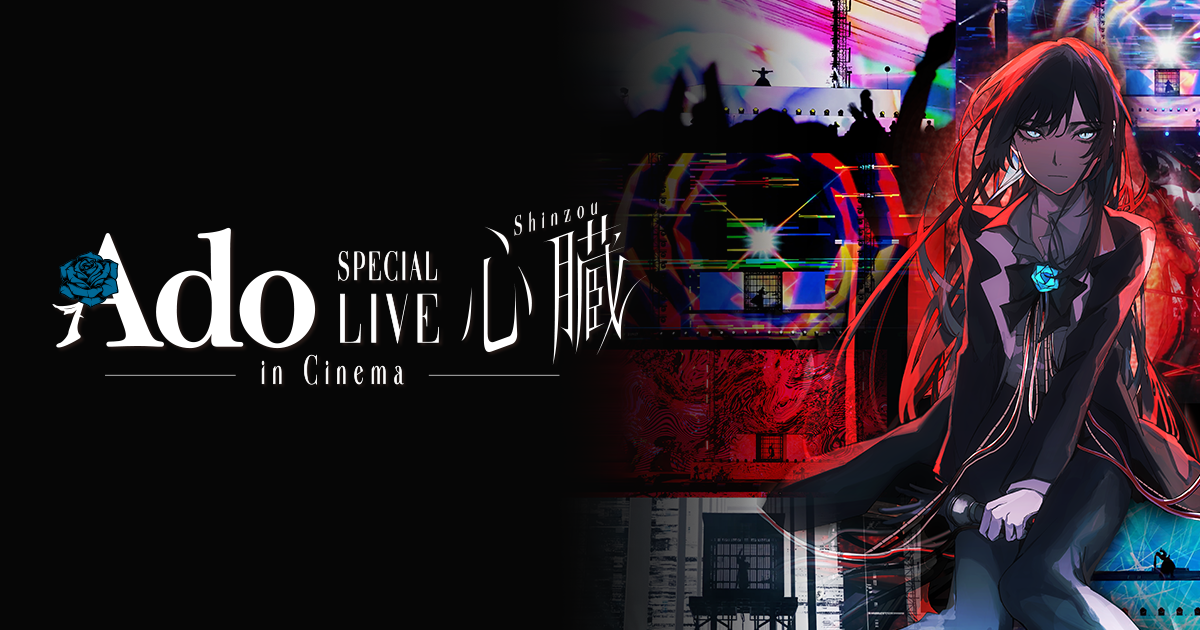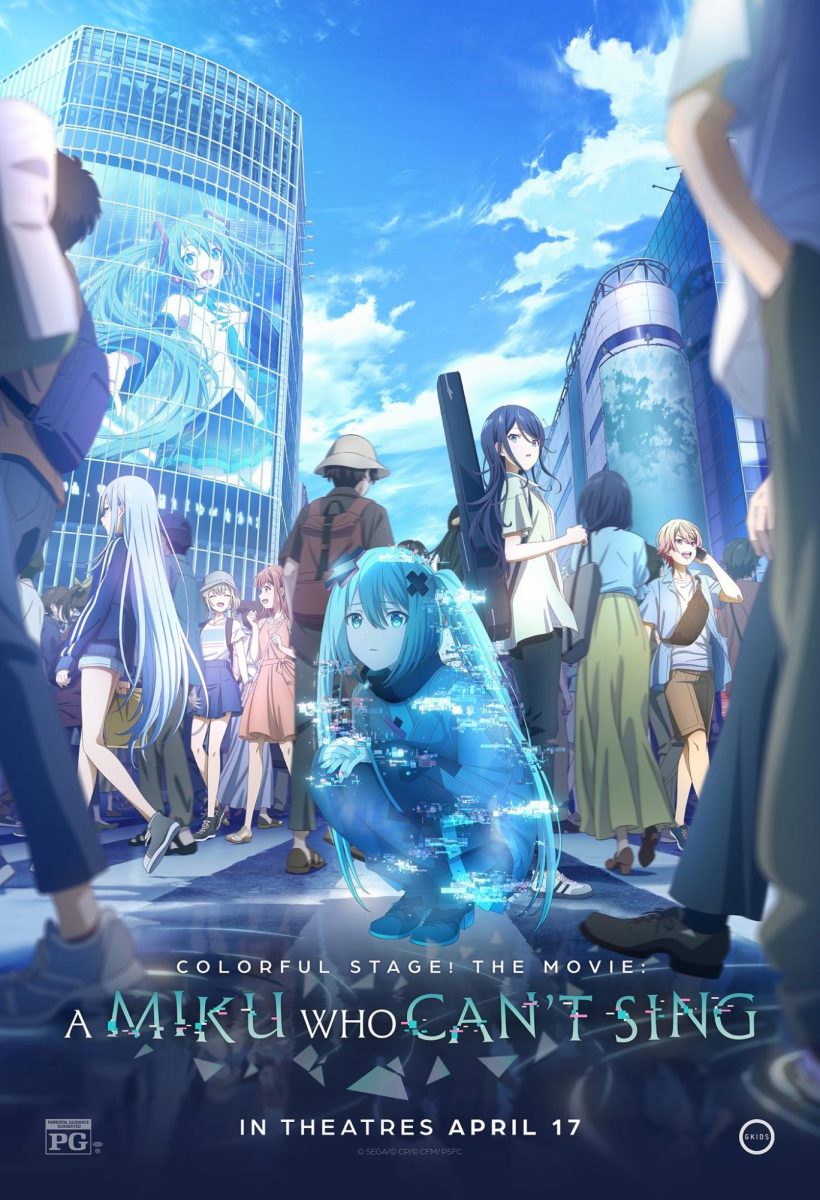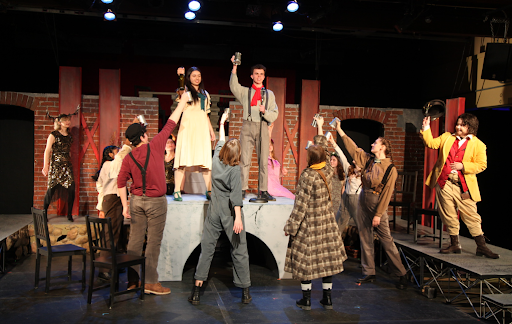
Through March 14-30, Youth Theatre Northwest (YTN) on Mercer Island performed “Hadestown” by Anaïs Mitchell, a musical inspired by the Greek myth of Orpheus and Eurydice that takes place in an industrial factory setting.
The play is about Eurydice, a young, hungry girl living in poverty, and Orpheus, who is the son of a muse and possesses amazing talent for music. The two fall in love, but Eurydice then leaves for the Underworld – which is represented by a hellish, Industrial-Revolution-style factory in the musical – to work for the heartless god Hades so she can survive. Desperate, Orpheus embarks on a journey to rescue her. The story is narrated by the god Hermes, who takes Orpheus under his wing.
From the beginning, “Hadestown” is instantly catchy, kicking off with the song “Road to Hell.” Though all it essentially does is introduce the cast, this track makes me want to dance along and previews the theme of manufacturing and trains prevalent in the musical, especially when Hermes sings “chugga chugga chugga chugga.”
Furthermore, I really like the character Persephone, who is the wife of Hades and the goddess of the spring season. For half the year, she goes down to Hadestown, making the world above cold and snowy. Once she comes back up, spring commences, just like in the myth of Persephone and Hades. Persephone is very vibrant, loves to party, and is especially fond of sharing spirits. Upon her return, she gives everyone drinks to celebrate springtime, and she secretly provides the Hadestown workers with alcohol, which she sings in the song “Our Lady of the Underground.”
Another part I love is Orpheus’s songs. They are very resonant and the harmonies are pleasing and dreamy. Specifically, the simplicity of his love melody makes it beautiful. Some of his songs made me quite emotional, notably “Wait for Me” and “Epic III.”
However, I feel like the relationship between Orpheus and Eurydice isn’t deep enough at first. It starts off with a very abrupt love at first sight, with Orpheus, out of the blue, proposing to marry Eurydice straight to her face. Additionally, Eurydice places self-interest over her love: she chooses to work for Hades to escape the hunger and poverty she lives in. However, they are shown to redeem their relationship in the tragic ending of the musical.
Something unique about the musical is how the beginning and end of it tie together. “Hadestown” ends with a reprise of the track it started with, “Road to Hell.” Both mention how the story of Orpheus and Eurydices is a sad story, but people tell it anyway and sing it again, making the musical end on a tragic but recursive note.
Overall, “Hadestown” is an interesting musical with plenty of catchy tracks, though it is helpful to have a little knowledge of Greek mythology before watching.






